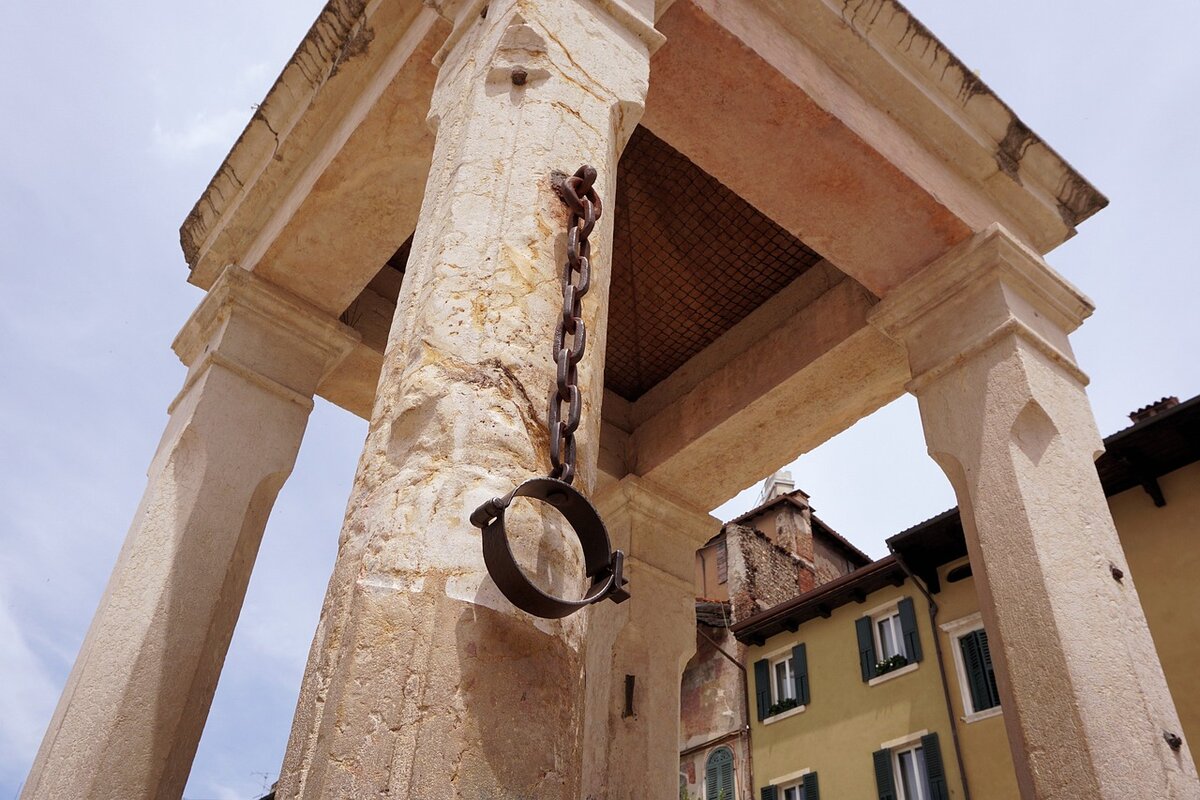The mage trials: the history of the 13th century Hungarian Inquisition

Change language:
The 13th century is one of the best-documented periods of the Hungarian history. There are many written documents concerning the Mongol invasion of Hungary or the Golden Bull issued by the legendary Andrew II. However, not many people have heard of the mage trials that happened during those times.
Promotions writes that the story of the Kassai Codex would make the most heinous crime thrillers seem like lighthearted fairytales. Mátyás Jenő Fehér, a Dominican monk, found the codex in the last years of the Second World War in Kassa. In the book, he found astonishing case histories, containing information almost unknown to the general public: namely, the history of the Inquisition in Hungary in the 13th century.
The Hungarian Inquisition worked a bit differently than in Western Europe. While in the West, the church burned many heretics and witches, in Hungary, it worked much less effectively. But who were these mages still active in the 13th century, and who brought them to trial?
Christian spirit and mages
By the 13th century, the foundation of the state by St Stephen in the Christian spirit was still incomplete, despite the fact that the Catholic Church had been spreading for 200 years in Hungary. In addition, some people still practiced the “old faith”. The most important representatives of the old faith were the so-called mages. According to the written documents, their main activity was healing.






Hungarian shamanism goes way back. Basically they were like an early form of doctor and therapist.